RV Tire Blowout Cause and Prevention
So what happened to my tire during my steer tire blowout? As you may have seen in a previous article and the video that I made on the incident, I had a steer tire blowout doing 65 MPH in my 40 foot motorhome while towing a 4-door Jeep Wrangler. Let me start by saying that there was a lot of damage to the tire during the blow out and so while the results of the professionals that examined the tire are a bit inconclusive, the findings certainly led us to the likely culprit of the issue.
I have had the tire inspected by two professionals, one inspected it in person and the other inspected it based on detailed pictures of the tire. Both of the individuals that inspected the tire are indeed deep into the tire industry, from manufacturing to engineering, so they really know tires inside and out.

The inspection of the tire was a process of elimination to get to the likely candidate for the failure. First, a thorough inspection of the tire, inside and out, to ensure that I did not have a puncture. After the inspection it was found that I did not have any punctures and the outer tread was in good order. The next part of the process was to determine if I had been running low pressure in my tire. This resulted in an interrogation of myself about how I care for my tires and I passed with flying colors. I can tell you, I know that I have not run low pressure in my tires, ever. In addition, if there was any long term low pressure with the tire this would leave a visible line on the inside casing of the tire, and there was no evidence of that either. The tire was inspected for sidewall cracking, and there was none. I was also asked if I protect my tires from long term exposure to UV and yes, I do that too; thank you Magneshade for the great tire covers! The tread was inspected for separation, and again, the tire passed that inspection also.
If you watched my video on the tire blowout you may remember my suspicion that I possibly had some internal tire damage due to hitting potholes, and don’t forget, I had this RV in Alaska for 3 months, and those roads can be a bit rough at times. I vividly remember hitting certain potholes in the lower 48 that almost shook my teeth out of my mouth. I always wondered if this might have caused internal damage.

What was the probable cause?
Indeed, the likely candidate of my tire blowout was an internal impact break that just got worse over time. The tire inspection noted a few spots internally that were likely impact breaks. The reason this cannot be determined with 100% certainly is because these breaks could have been a result of the tire blowout. I could easily cast aside any theories of low pressure or care for the tires, but what I could not dispute was that I have certainly hit some really bad potholes in my travels that I can easily see would be a problem over time. You see, tires don’t heal themselves, and damage is cumulative. So maybe I hit a pothole and damage an internal cord. This can get worse over time. Internal damage can present itself in a thorough pre-trip tire inspection, but not all of the time. Since I am pretty thorough with my pre-trip tire inspections, I can say with a good deal of certainty that there were no external signs on the tire of any issues.
Another issue with an impact break is that if there is damage to the inside liner then air can start getting behind the liner and creating separation of the rubber casing and steel cord body. I am not sure if this was the case with mine, but again, serious impact breaks will almost certainly cause failure, eventually. I believe after the inspection that I had internal damage to the tire in the form of an impact break, and that over time this impact break, or possibly multiple impact breaks got worse and eventually the tire failed. I want to be clear, tires can handle rough roads, and I am not talking about a 1-inch pot hole, I am talking about deep potholes that sneak up on you and before you know it you hit them. If you are in a passenger car you can easily swerve to miss them, but sometimes in a big motorhome, you just have to hang on and wait for the impact; you motorhome drivers know what I am talking about.
Another less likely theory is that I had a bead issue on the tire. Apparently Michelin has a patented bead that is really good, but a pain to seat them properly. There was a bit of rust on the bead, but I personally think that this was because the tire sat outside for a few weeks before the inspection occurred because I did not recall seeing the rust before that. If the bead is not set properly then moisture can start to get behind it and cause issues, but again, I don’t believe this was the case with my tire.
What can an RVer do to prevent this?
Well, be sure to do the easy stuff first. Low pressure is by far the main issue with blow outs, so always make sure you are running the proper PSI in your tires, and by all means, use a tire pressure monitoring system. Inspect your tires before each trip. Look for cracks in the side wall, slight bulges, and of course any signs of punctures due to nails or other road debris. Protect your tires from long term exposure to UV by covering your tires if you are going to be sitting for long periods of time. Exercise your tires! If you are going to be sitting for long periods of time, then try to run the tires at least monthly. Tires do not like to sit, and long periods of time sitting in one spot can start to affect the compounds in the tires negatively. If you do these things then you will reduce your odds for a tire blowout considerably.

Most tire blowouts are preceded by low pressure and high temperature; by running the proper PSI at all times you can prevent the most common blowout causes. In my case, well, it is more rare and nothing to lose sleep over. Sometimes a catastrophic tire failure can occur for no known reason. Again, I want to emphasize, my situation is a rare case and while I am learning from it, I will not lose sleep over it or let it affect my RVing lifestyle and you shouldn’t either. I share all of this so we can learn together.
When should I change my motorhome tires?
The last thing I want to cover is the hot topic of how long do motorhome tires last and how often should you change them. The debate rages on and since I released my tire blow out information I have received hundreds of emails giving opinions on all sorts of things, and changing tires was certainly on the list of topics. First, thank you to everyone that reached out to express your relief that me and Tami were safe after the event; seriously, thank you.
As for how often you should change your tires on your motorhome, well, these big tires can go 250,000 to 300,000 miles, but no RVer runs this much, so we have to turn to the age of the tire. The general rule of thumb is to change them at 5-7 years. So at 5 years, have the tires inspected, and if the tire professional approves them for another year, go with that, and then get them inspected again at year 6. Then when you hit year 7, change them out. Now, everyone is different, and you do what you feel comfortable with. I have had some say they got 10 years out of their tires, and while I would never do that or recommend that, each person has to make their own decisions while balancing safety and the cost of tires. I also had someone say they change their tires every 2 years, no matter what. Again, this will not be what I do, but I am guessing that person rides in complete peace knowing they are running on fairly new tires all the time.
My next steps
Well my plan is still to change my tires at 5 years. I personally don’t feel the need to try to get an extra 2 years out of them. Yes, there is a cost associated with this, but when I balance it with my personal safety, I think it is money well spent. Could I have a blowout at 4 years? Sure, it is possible, but I think my odds are pretty good changing them at 5 years. So think about what you will do, and do what you think is right for your situation, no judging from me on that, everyone does things differently.
I hope my harrowing experience was able to bring some education to the RVing community. I certainly wish you all complete safety on the road and maybe my experience can help someone in the future.



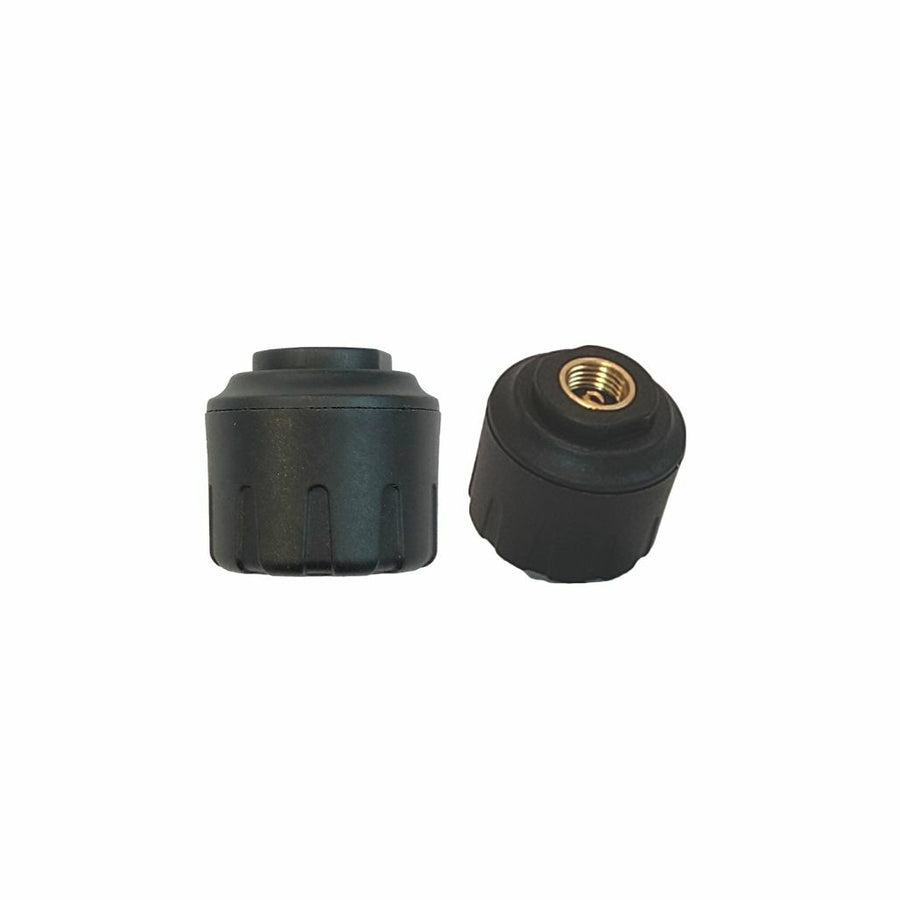
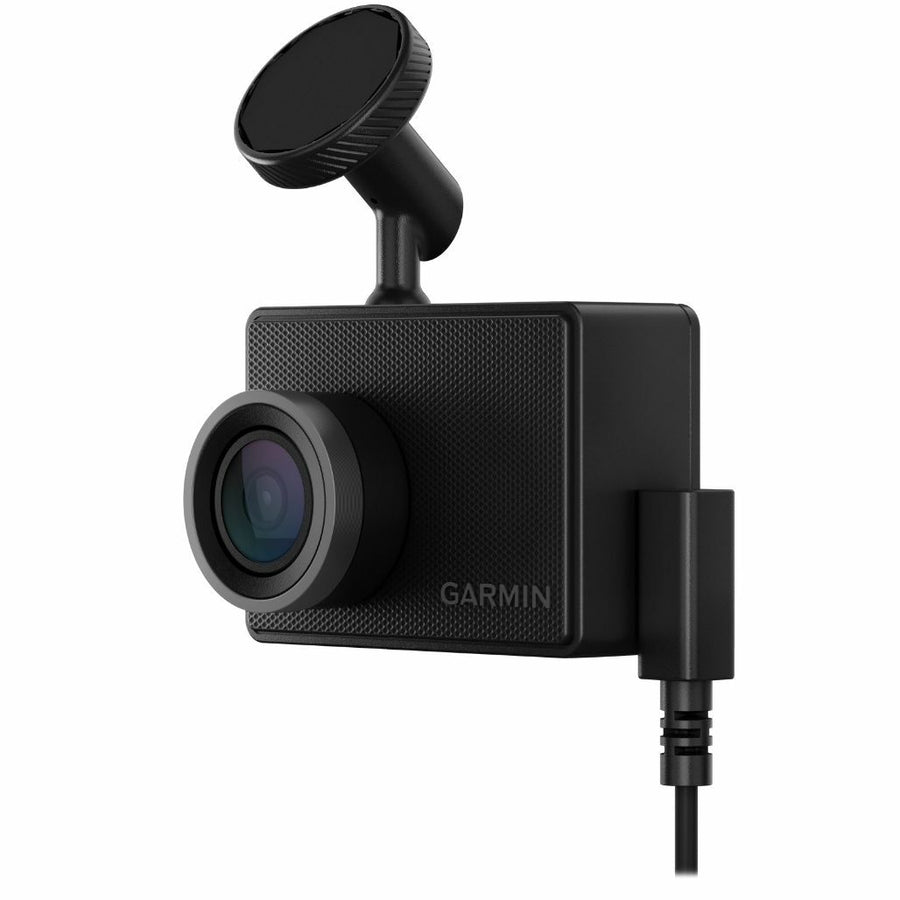
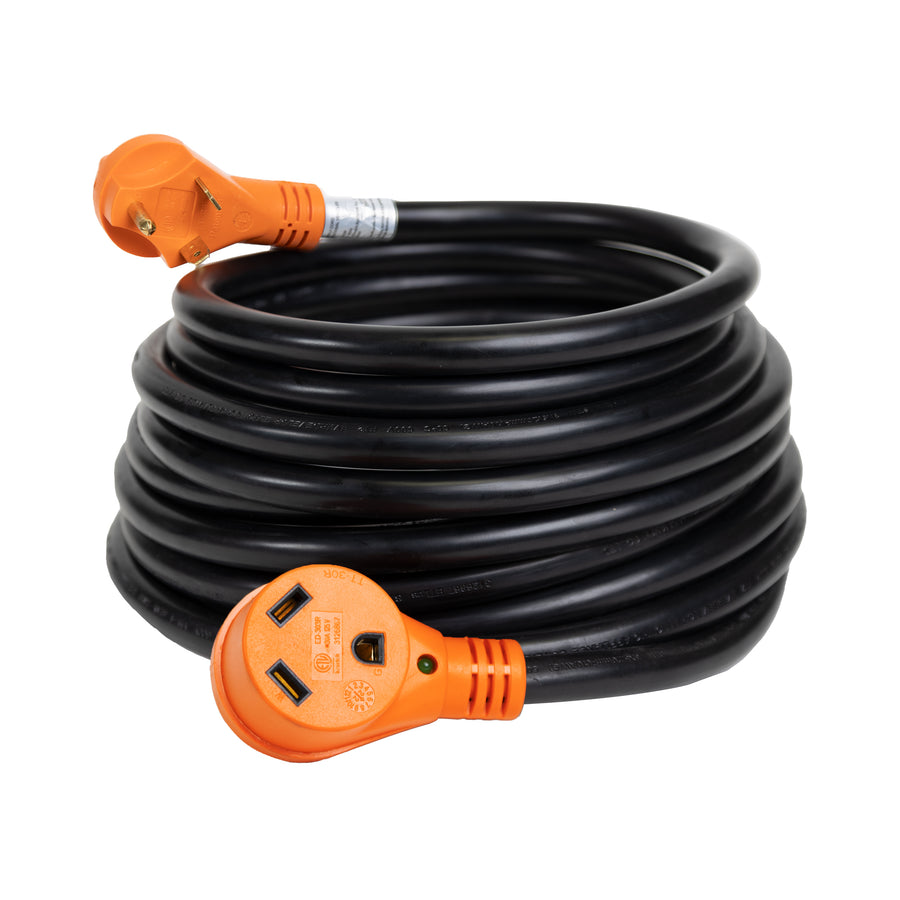
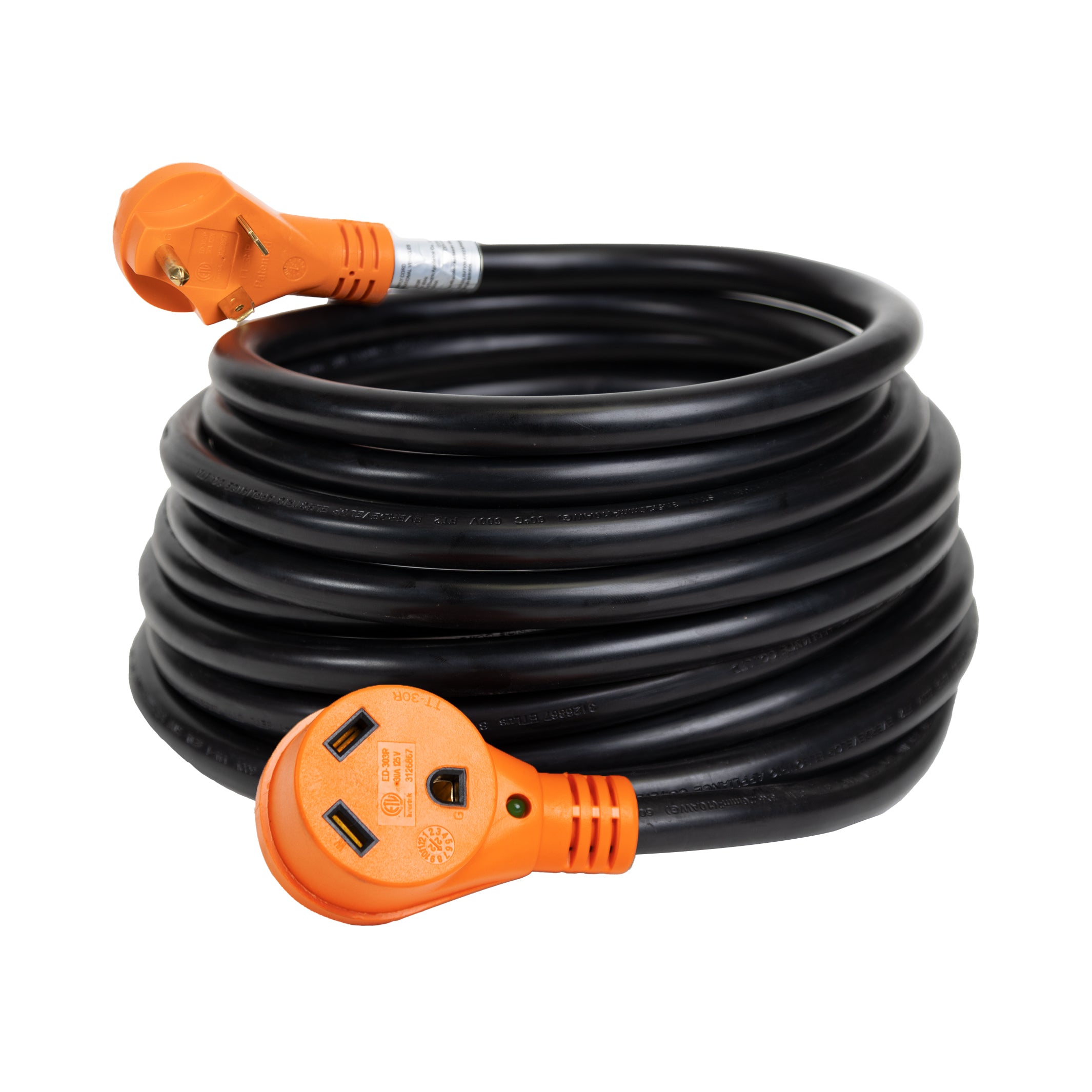
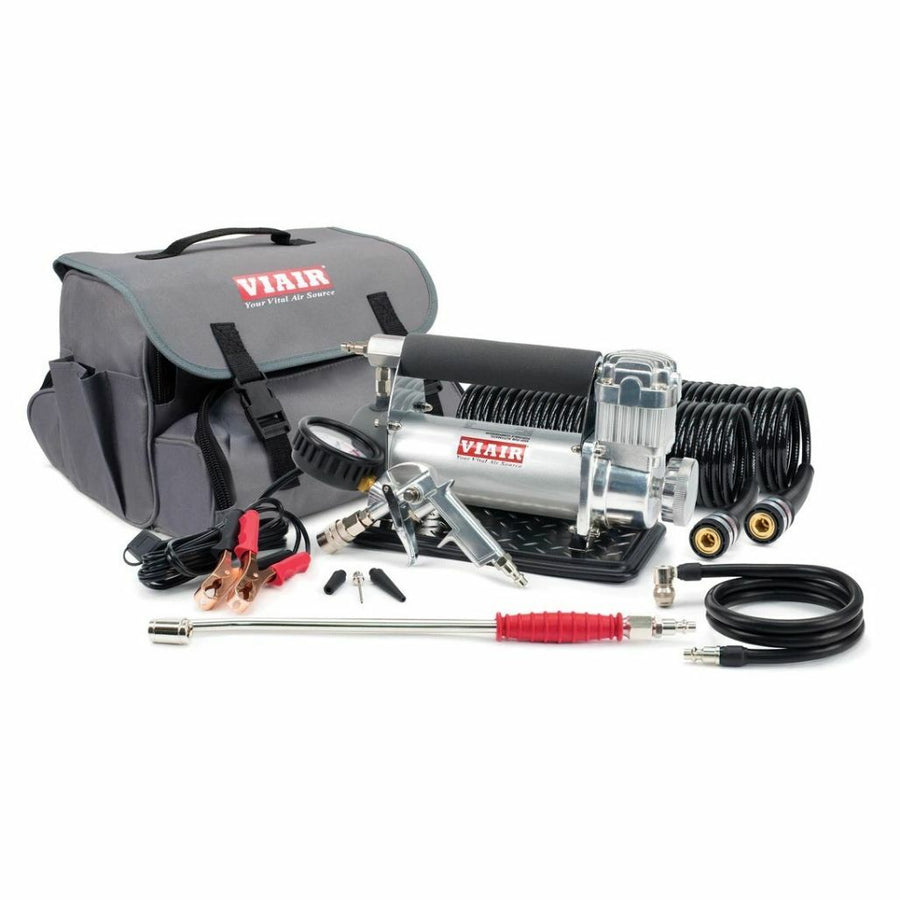
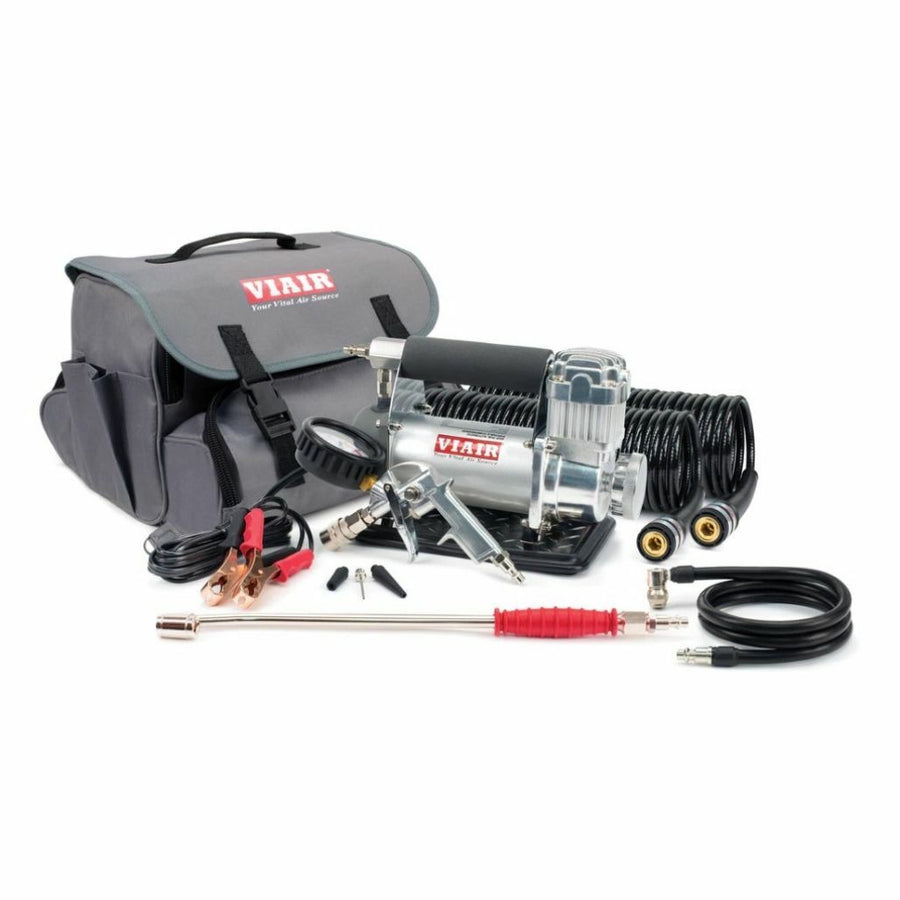
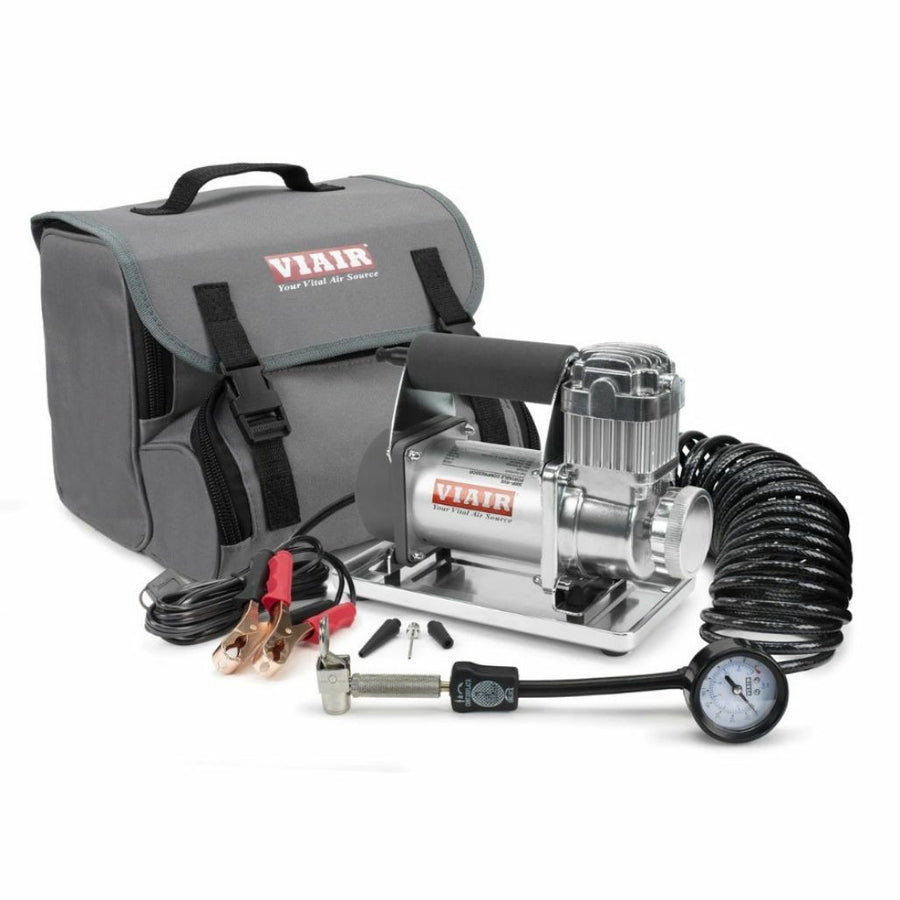
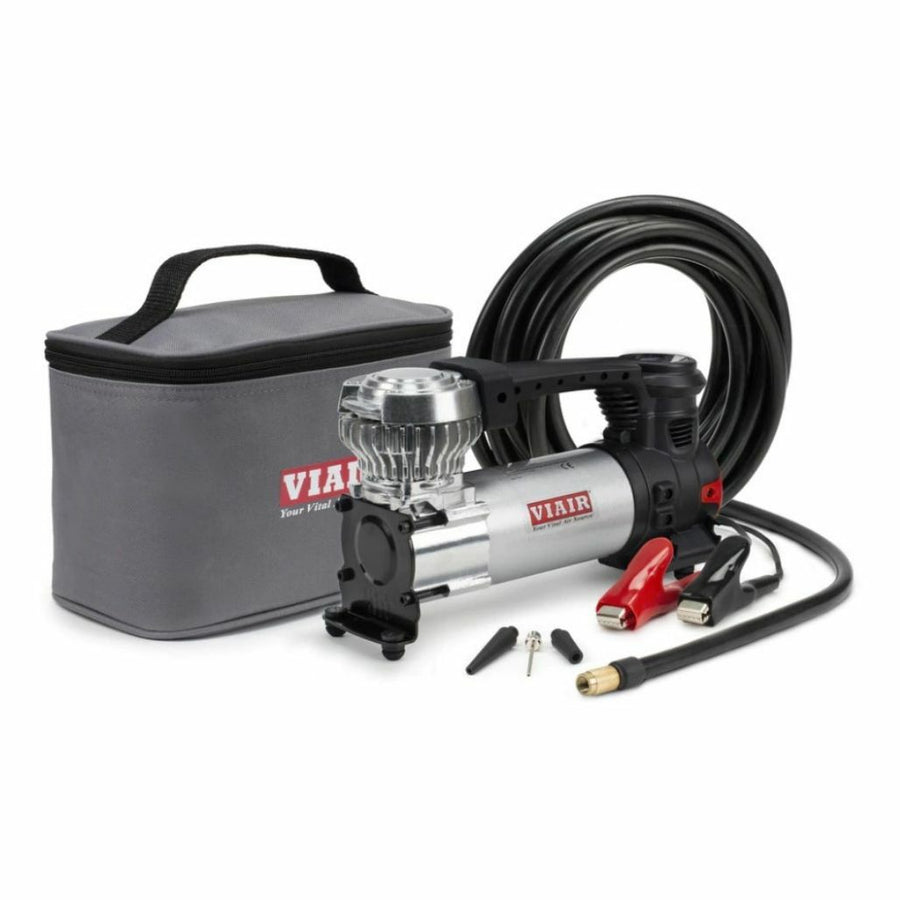

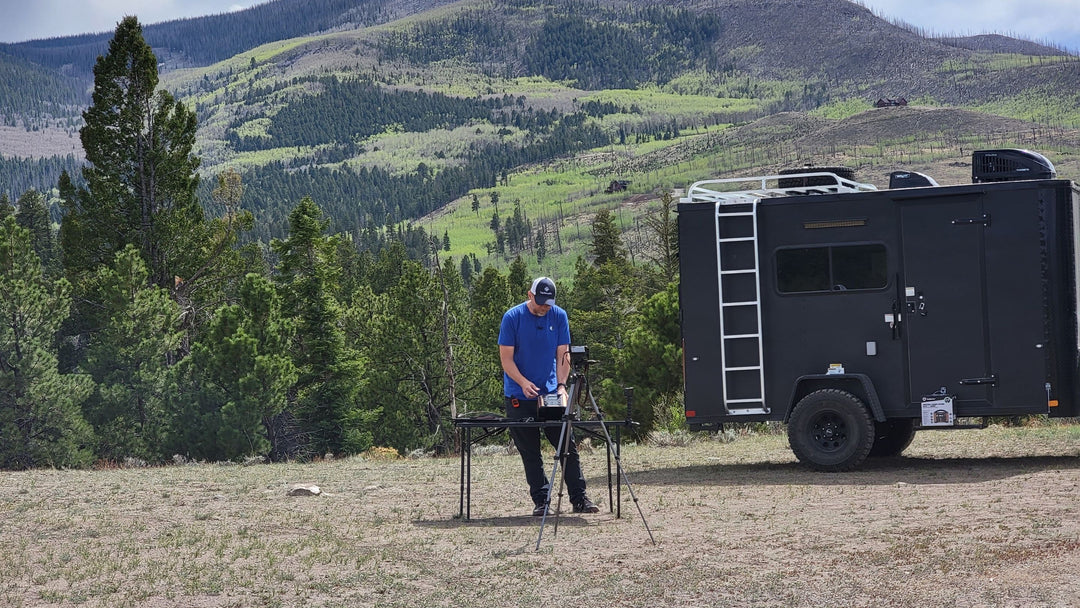
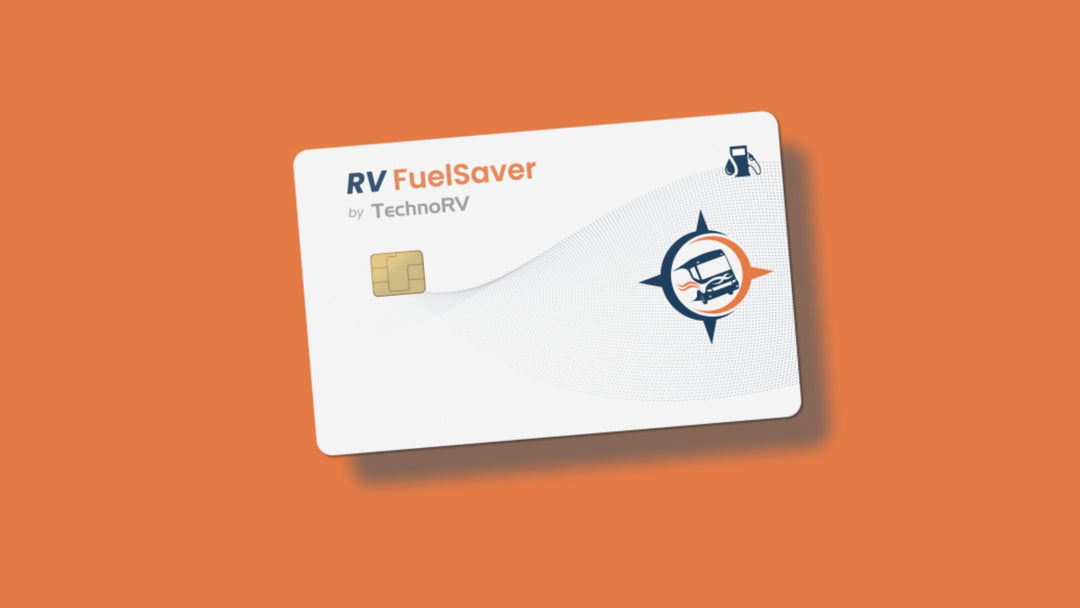
Leave a comment